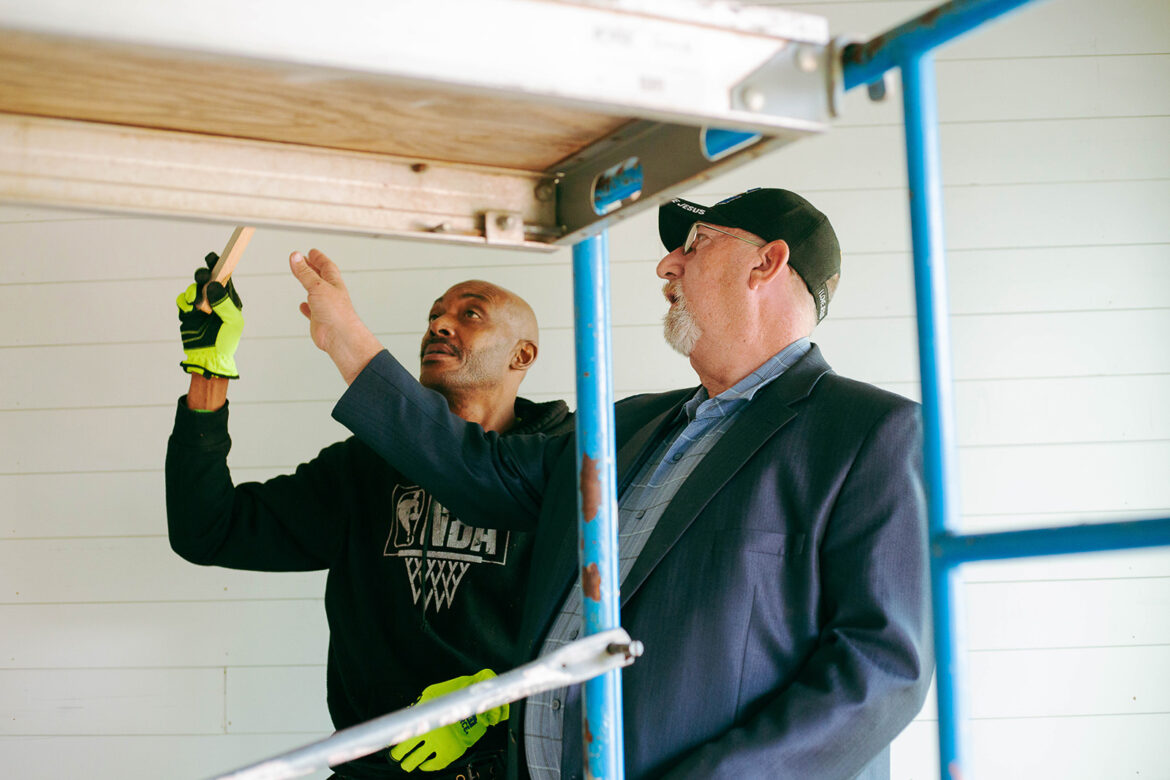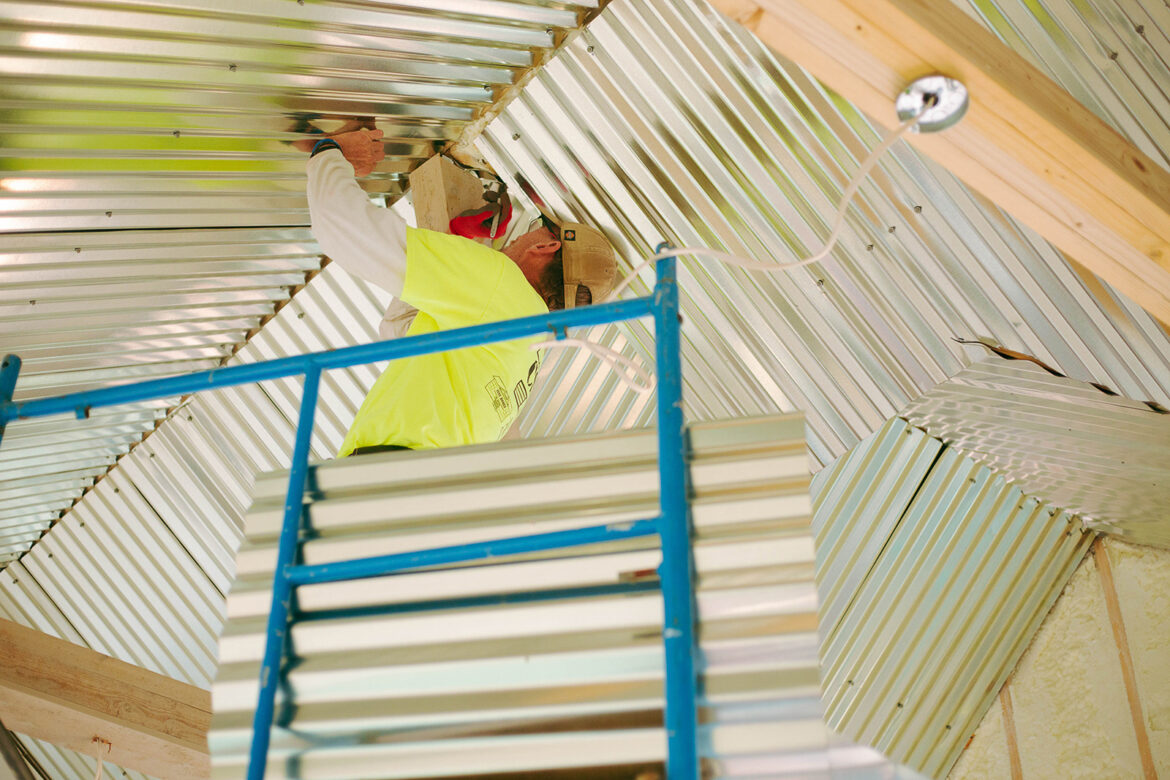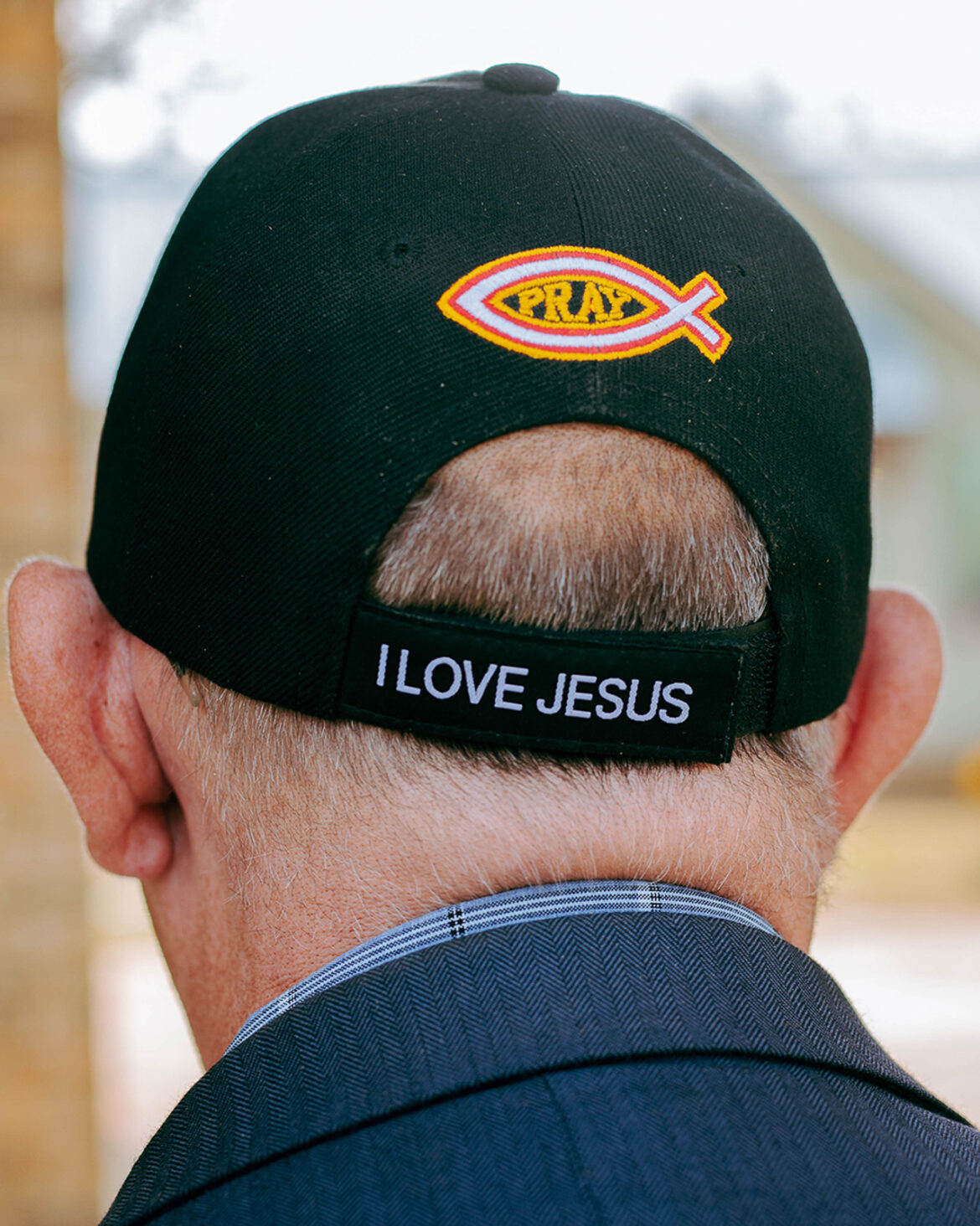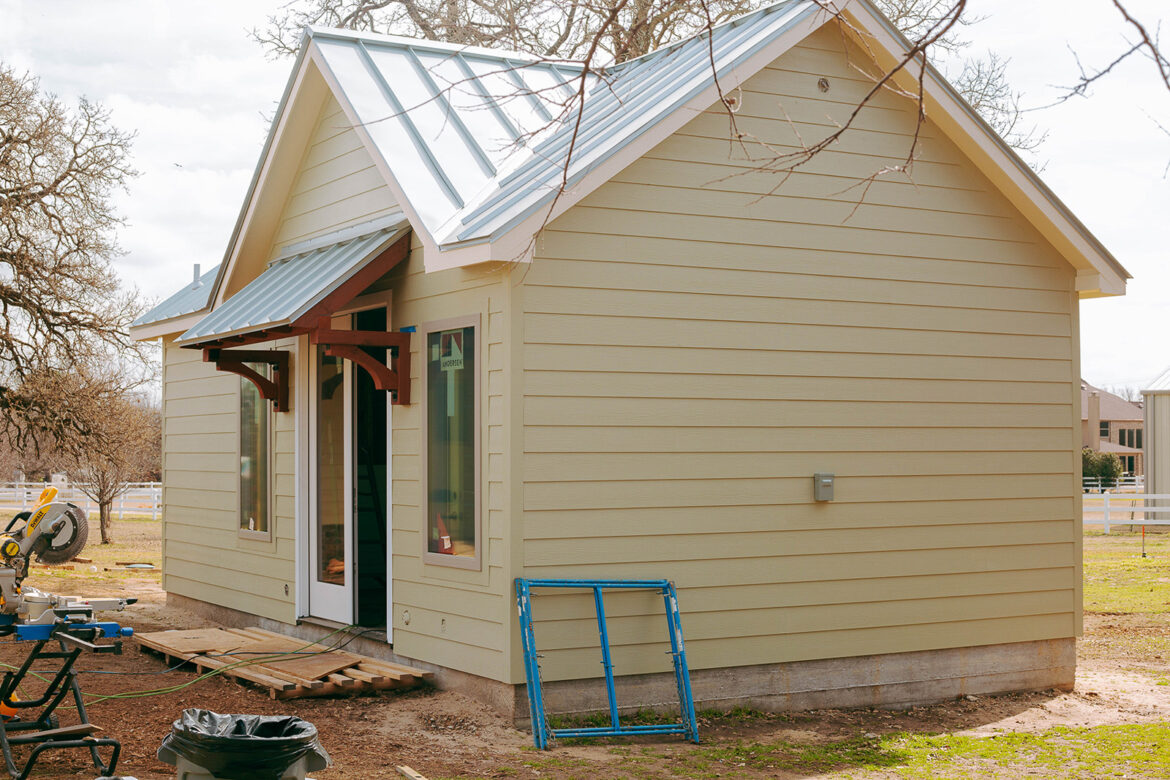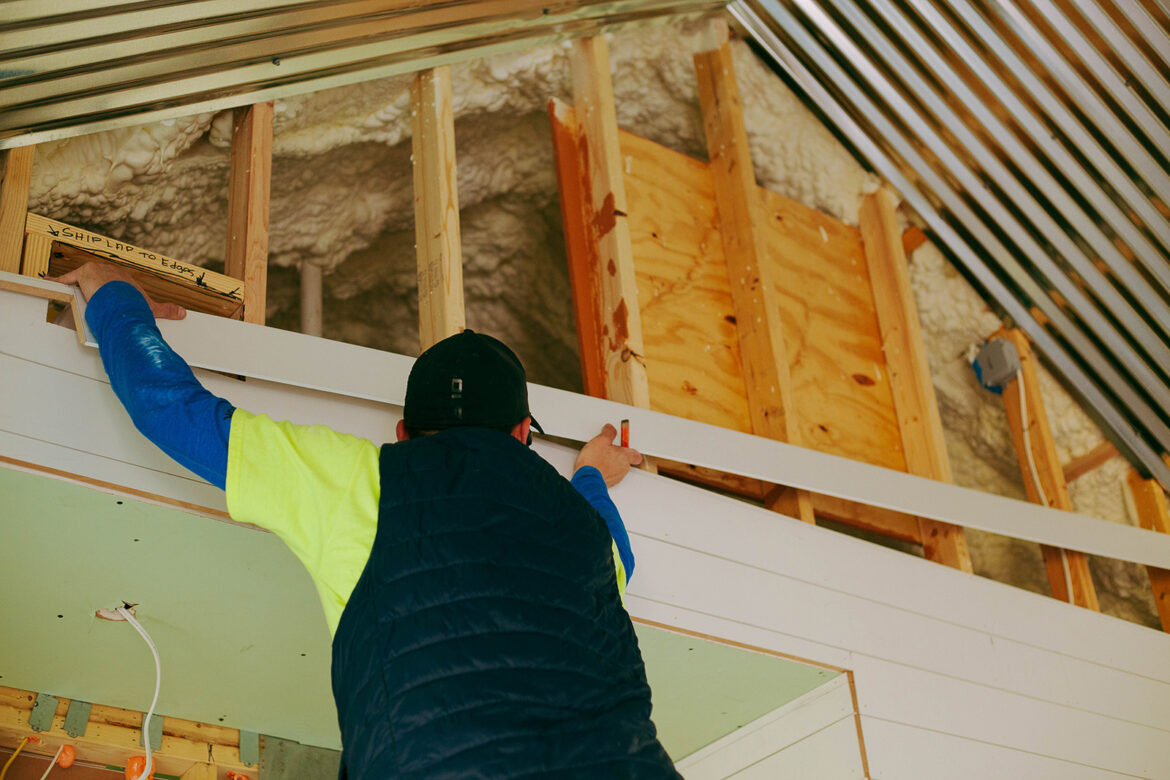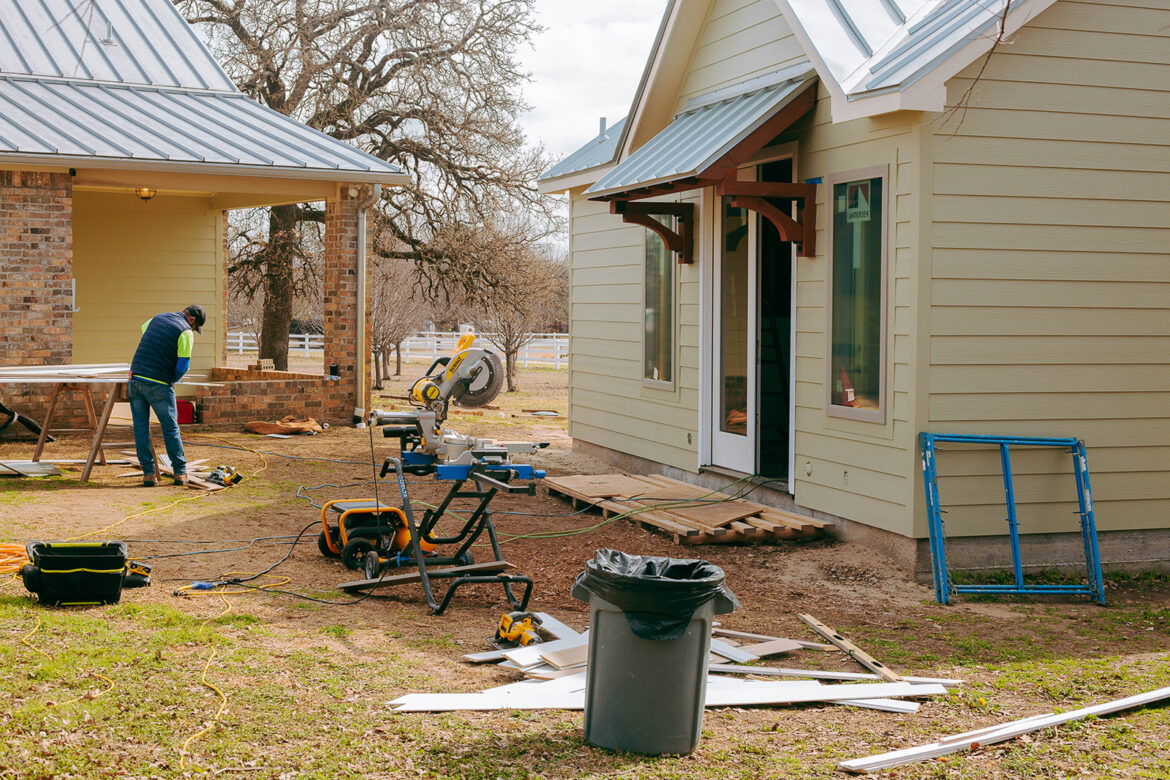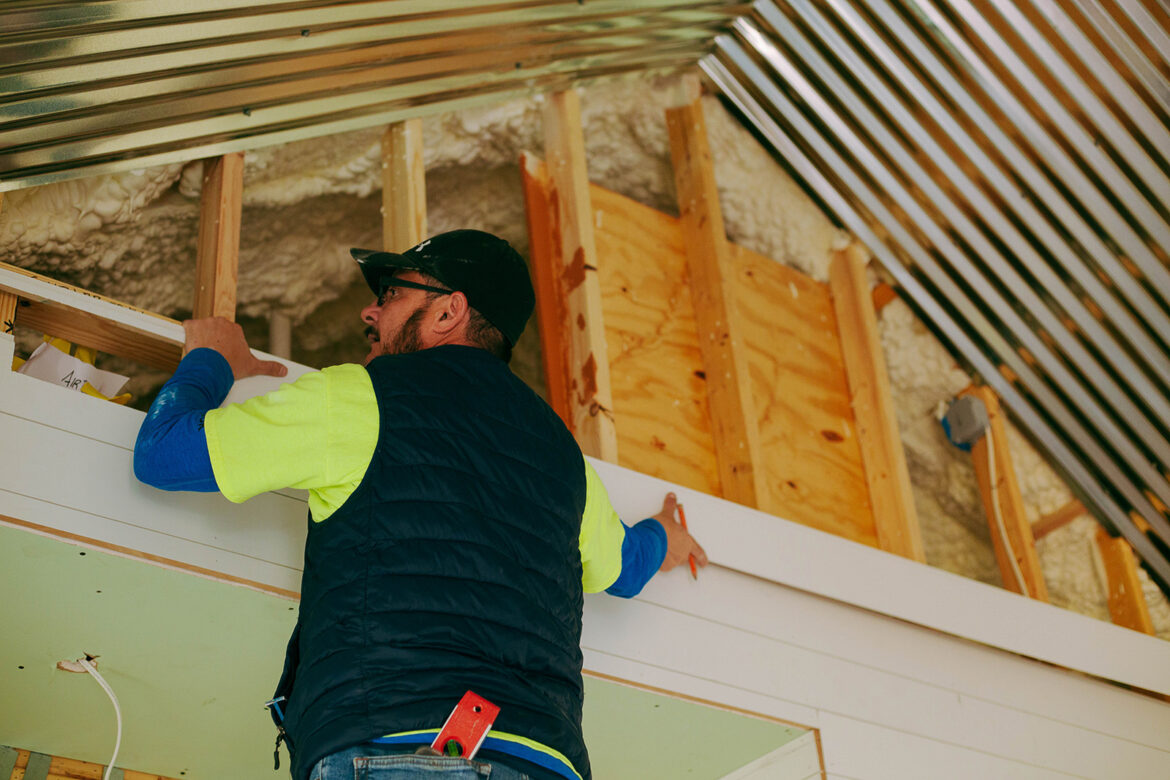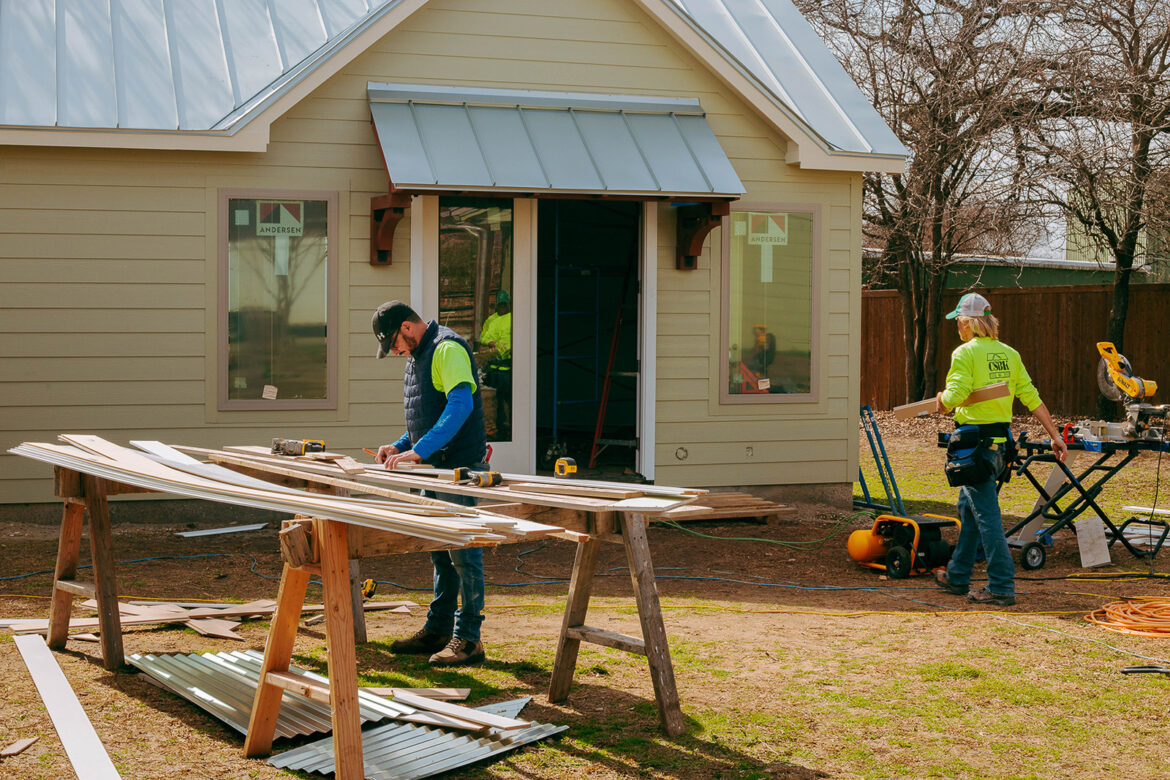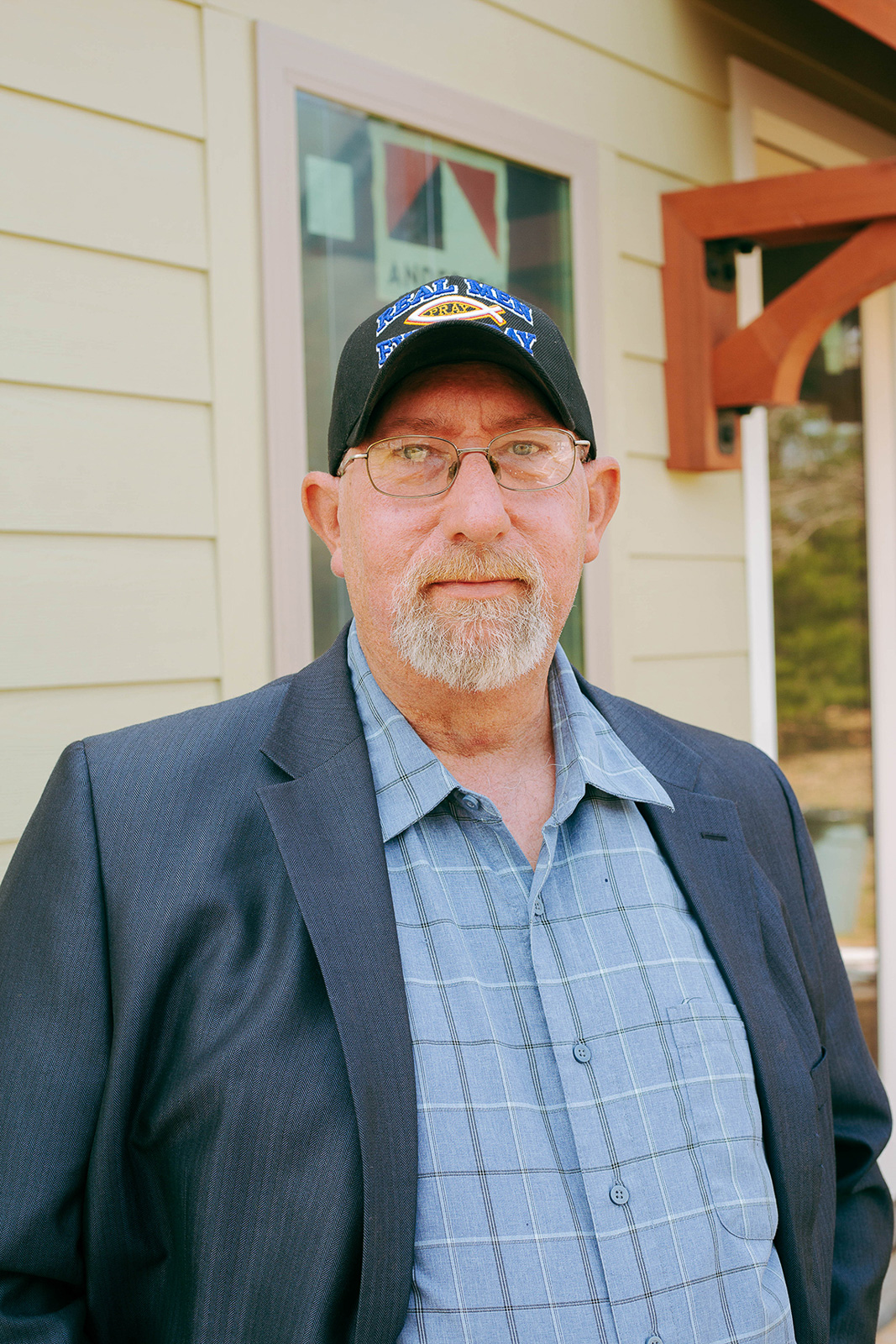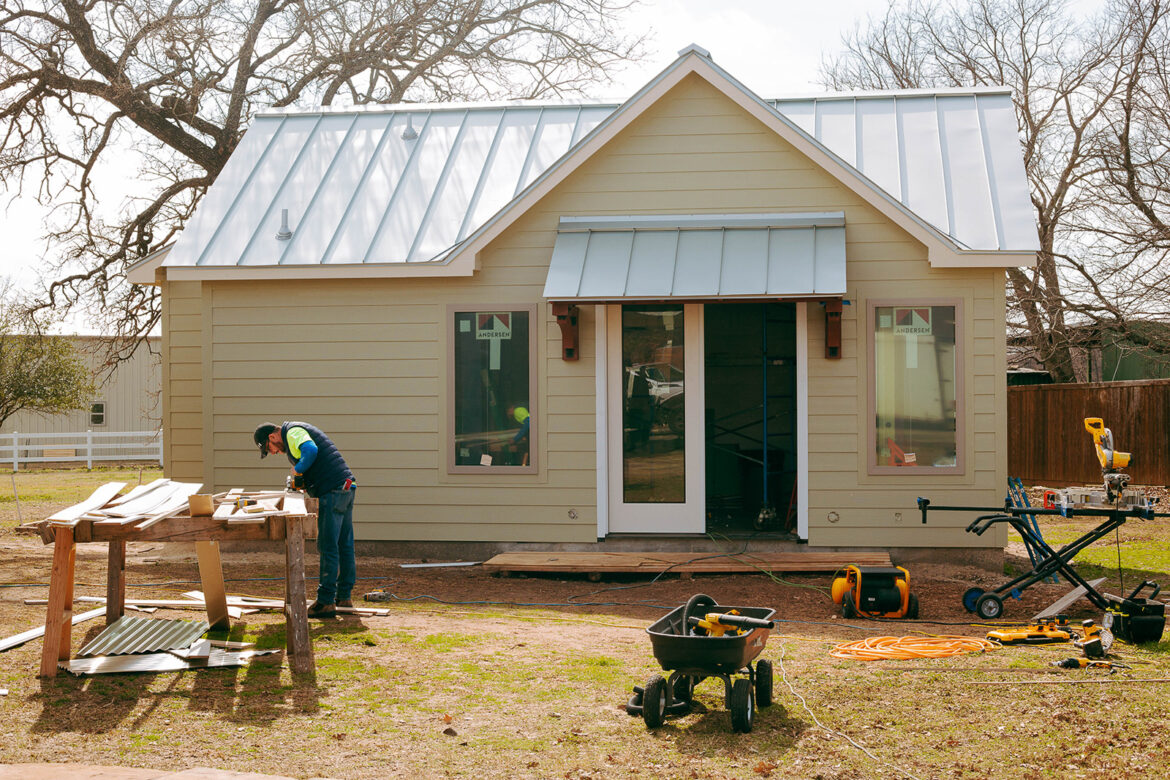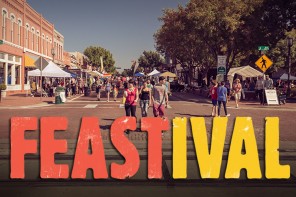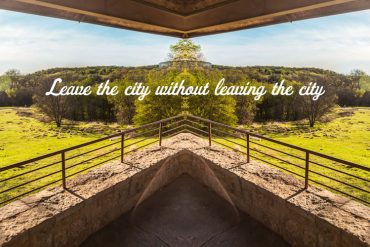Keith From didn’t always have a passion for building tiny homes for for homeless people.
“I’m actually from a corporate background. I worked for an ad agency,” From says. “We were the agency of record for American Airlines, Subaru and Nationwide Insurance. We’re a multibillion-dollar firm.”
“My running joke during my tenure at the agency was ‘I’m going to quit and go build sheds,’” From says.
In 2010, he did just that, retiring early and leaving the advertising business.
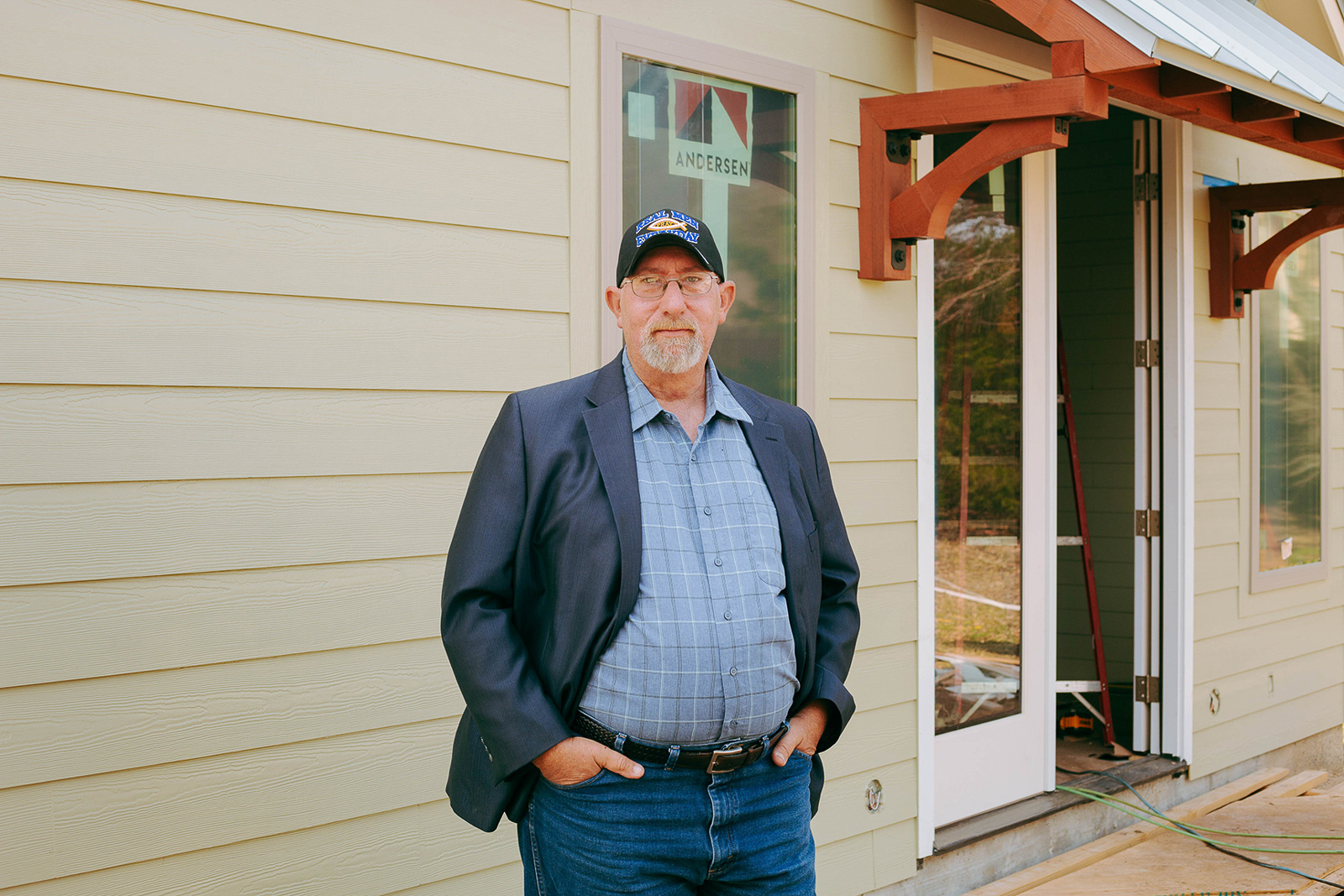
After “naming all of the fish in the lake,” From says he decided to try something else. Since he loved building, he decided to create 8-foot-by-10-foot and 8-foot-by-12-foot sheds. Word got around about the great customer service and quality of From’s sheds.
For years, his shed business did well, but From says he felt as if God put a mission on his heart. That mission is Dignity Park.
“You know, it is in the conceptual stages. I built a website for it. We did renderings of what our vision was for Dignity Park,” From says. “This is the year that I want to make it happen. I need to make it happen.”
Texas is rated fourth among U.S. states as having the highest homeless population. The Texas homeless population is approximately 27,487 people, and the DFW homeless population is approximately 6,597 people.
From’s passion for building quality structures, his background in advertising and his growing concern for the homeless population were driving forces behind the idea of Dignity Park.
“We know how to build; we can build a quality tiny house,” From says. “And thank you, Lord, that I’ve never been homeless. But I would think, the first thing that’s lost is one’s dignity, hence the name Dignity Park.”

Giving people dignity and stability is one of From’s main goals with Dignity Park.
“One of the biggest problems for the homeless is they don’t have an address so they can’t receive benefits anywhere,” From says. “Dignity Park will be able to give them an address to start receiving benefits and getting them back on their feet.”
In his mind, a full-sized Dignity Park would include about 100 units and a conference center with individual meeting rooms, an outside basketball court, a garden area, a parking lot and a laundry room.
The ideal 12-foot-by-16-foot individual tiny home would include a bed, closet and a full bathroom. A family tiny home would include one bedroom on each end, a living room in the middle and a full bathroom, he says.
A Dignity Park would be best placed near a bus line or some sort of public transportation, From says, so that residents could get to their jobs and to the grocery store.
At the moment, though, Dignity Park remains a dream: It’s just From and his small team of volunteers working on the idea. From is creating an Advisory Committee to help with project logistics and looking for organizations and people capable of running it.
“I don’t know the first thing about running a homeless facility,” From says. “OK, I do know how to build. My ideal situation is, we build it and then we turn it over to a city or a church to run the facility long term.”
Dignity Park isn’t the final solution to homelessness, From says. Instead, the project is a stepping stone to getting an individual into permanent housing.
“So let’s get people off the street, into Dignity Park, get them connected with social services, get them an income and help them get a job,” From says. “Once they get back on their feet, they can move out of Dignity Park and into their own apartment. And let the next person come in.”
From is still looking for other community members and leaders to join his advisory committee to help Dignity Park answer the questions they have yet to discover.
It is his goal to have a large support team in the future full of social workers, those who are knowledgeable on the homelessness issues and willing to help.
“I’m not going to be asking for money, I’m going to be asking for advice, people who can come on board, and help us figure out where to get the money to do it,” From says.
“All this is still just conceptual, but we are trying to get together the people that we can actually sit, have a discussion with, and get the ideas rolling. Find the funding for Dignity Park.”
Ten years from now, From hopes to sees Dignity Parks planted throughout the U.S. as a safe haven for those who need housing.
“I’d like the first two or three to be here. I’d like to see Dignity Parks all over the U.S. doing what they’re intended to do. And that is to help the homeless out of the streets and then become self-sustained and on their own,” From says. “That’s the goal for Dignity Park.”
For information about Dignity Park, or to volunteer to help in the effort, visit dignitypark.com or Facebook.
Dignity Park